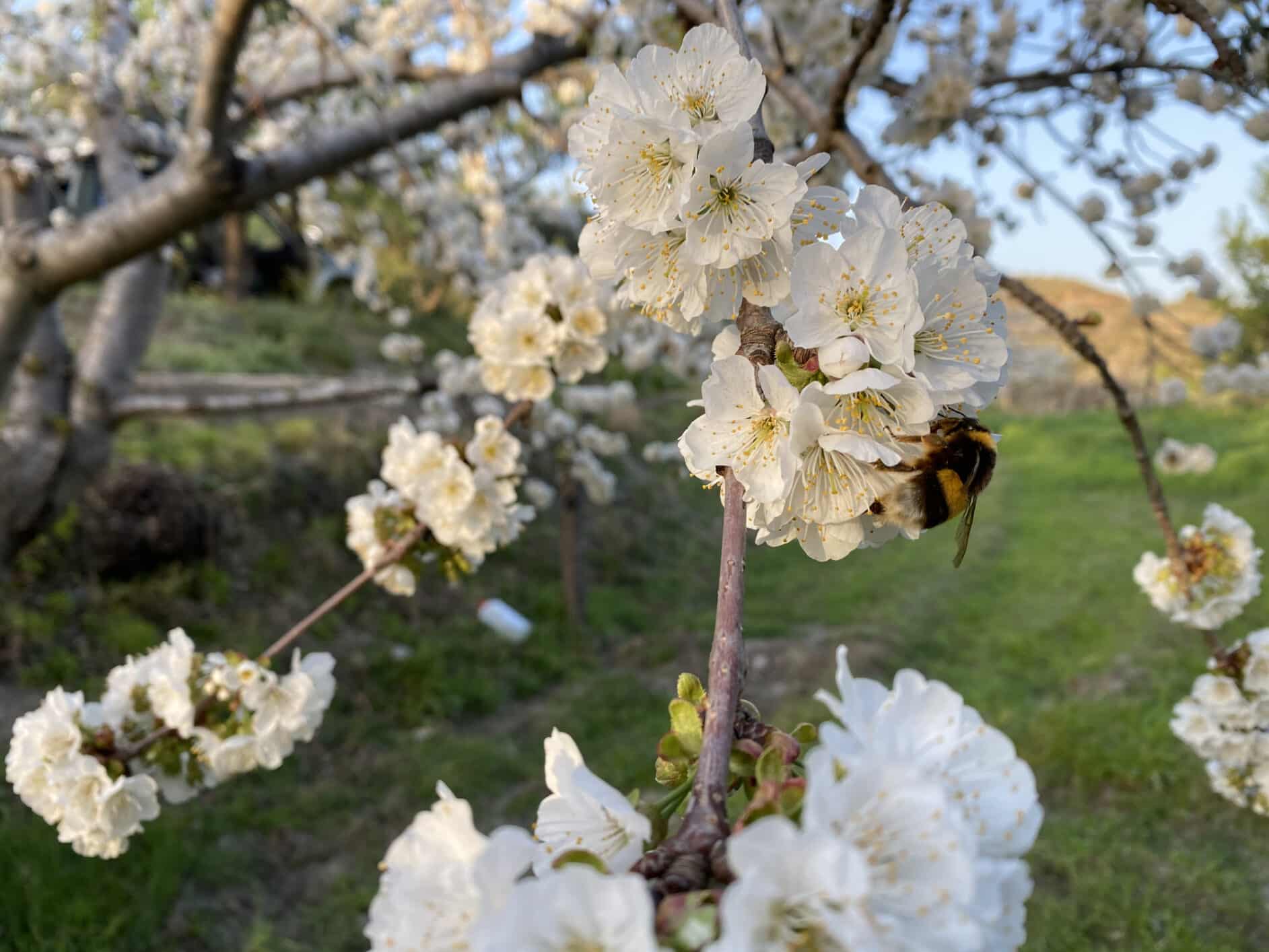“Why is a raven like a writing desk?” is the thorny riddle posed by The Mad Hatter in Alice In Wonderland. A court in California has, this week, been wrestling with its own baffling conundrum: is a bee actually a fish?
The Court of Appeal of California has concluded that bees can actually be designated as fish, similar to some other land-based – and also endangered – invertebrates including the Trinity bristle snail which was categorised as “threatened” in 1980 by being classified as a fish. This overturns a previous ruling from 2020.
Bees face huge danger across much of the world, largely from agricultural practices and use of toxic pesticides. While environmental campaigners actively try to ensure adequate protections, powerful agricultural industry lobbies often succeed in getting regulators to support their financial interests.
In California, a battle on behalf of the bees has been raging for three years in the courts. (and no, this isn’t The Bee Movie becoming real).
Writing in Law & Crime, Colin Kalmbacher explains: “Four different bumblebee species are facing dire odds in the [United States’] most populous state. That danger mostly comes from the activities of huge agricultural interests. In 2019, the California Fish and Game Commission moved to protect those bees, the Crotch, Franklin’s, Western, and Suckley’s cuckoo, by designating them as endangered, threatened, and candidate species under three sections of the CESA (California Endangered Species Act).”
Industry associations representing almond growers, citrus planters, cotton “ginners”, and others sued saying that bees could not be protected because the CESA does not include insects in its definitions.
The California Fish and Game Commission disagreed; “saying that the definition of fish can and should encapsulate bees and other similarly situated invertebrates because, in part, it already does in practice.”
While in 2020 a district court agreed with the agricultural groups, there has been a legal tennis match going on since.
In the latest case, the Xerces Society, an international nonprofit organisation that protects the natural world through the conservation of invertebrates and their habitats, argued that bees qualify as invertebrates and thus should be offered protection under the CESA. This won support and, as long as the bees were classified as “fish” under state protection laws they will enjoy protected status.
Unlike the Mad Hatter’s riddle, which he admits can’t be solved, it’s good this bee riddle does have an answer: a bee is a fish when it needs protecting.
Subscribe
Sign-up to receive our newsletter





